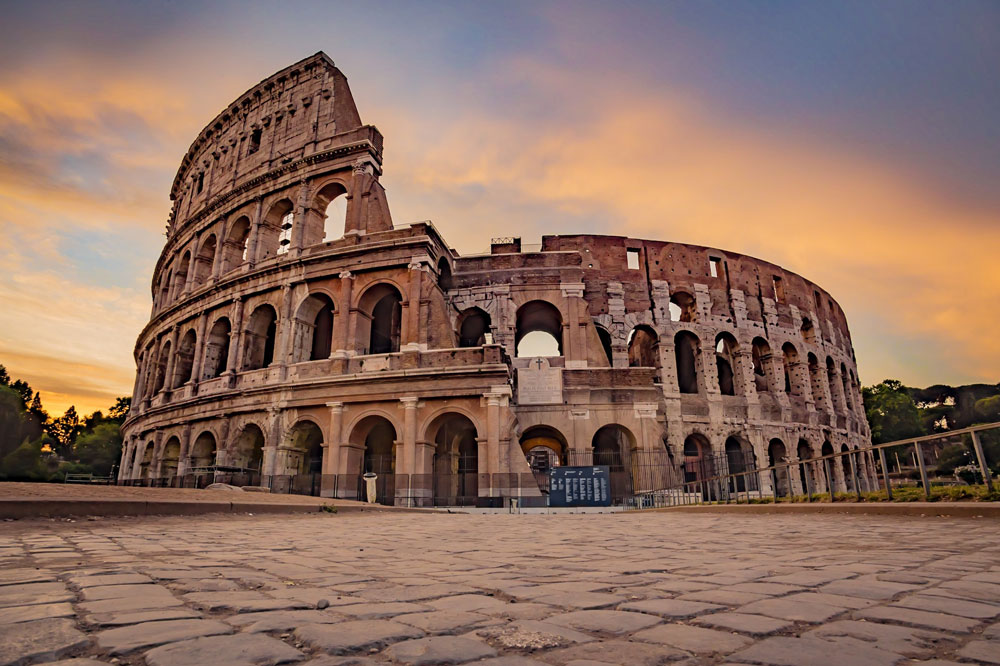Discipline or heritage?
Architecture thrives on a combination of multiple disciplines, such as structural engineering and quantity surveying. Many architects view archeology as a discipline of emerging importance to their craft. Designers use archaeology as a vehicle for sustainability and heritage.
Most architects refuse to work on ancient ruin renovations. However, a few notable exceptions exist. Many inter-disciplinary architects and archeologists, working side-by-side, renovated and restored the Cathedral of Notre Dame in Paris, France.
Colosseum restoration project
Recently, more proposed renovations of UNESCO World Heritage sites gain support, including restoration of parts of Rome’s Colosseum. Architects and archaeologists have worked together to develop retractable floor platforms that feature replicas of lifts and trapdoors used in ancient Roman times.
Likewise, the International Design Competition works to rehabilitate the Al Nouri complex in Mosul, Iraq. Mosul stands as one of the oldest continuously inhabited cities in the world. War damaged the Al Nouri complex in the heart of the city’s center in 2014. The structure requires a facelift to restore lost features, maintain design authenticity, and modernize the structure.
It’s not just in the restoration of ancient sites that architecture and archaeology mix—modern architects’ skills aid archaeology in discovering how and why ancient laborers constructed certain ancient buildings. The Pyramids at Giza employ a group of architects commissioned to use modern construction and engineering theories to research how laborers built the massive Wonders of the World.
According to Matthew Maganga from ArchDaily, “The link between architecture and archaeology is a strong one. As we enter a period in which the distinctions between various fields are increasingly blurred, examining the relationship between architecture and archaeology and advocating for even closer collaboration between these two fields would make for richer architectural design – learning from the past to inform the present.”
Form, beauty, and functionality for the win!
Multi-disciplines, including structural engineering and quantity surveying, make up the skills required in cutting-edge modern construction. Archeology joins the quiver with more importance moving forward as designers look to ancient structures for form, beauty, and functionality.
Related content
How the Brain Responds to Architecture
CATEGORY
ARCHIVES
Supercharge Your Back-Office
Eliminate manual data entry and manual errors while simplifying nearly every back-office process with hh2's construction solutions.



